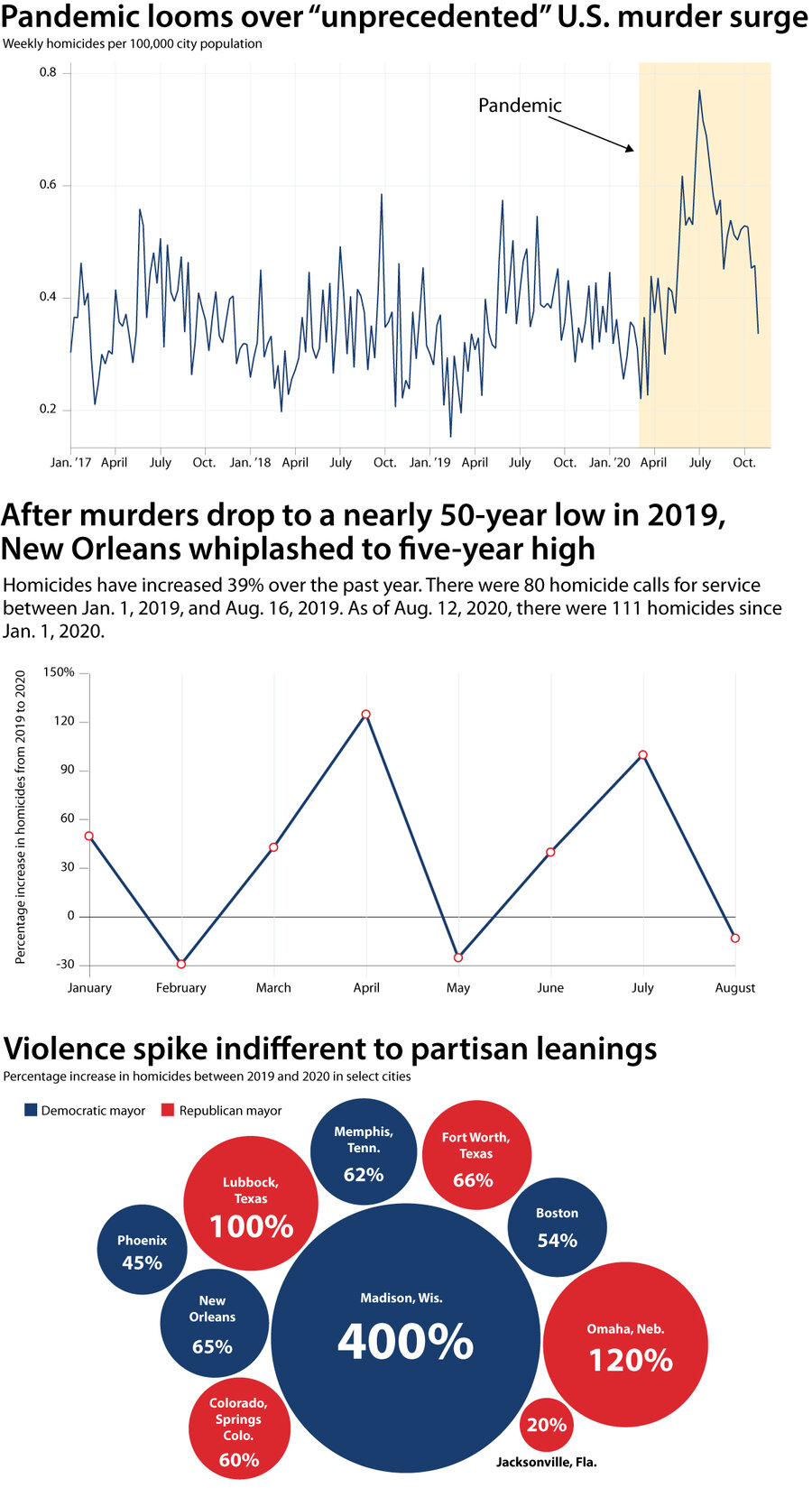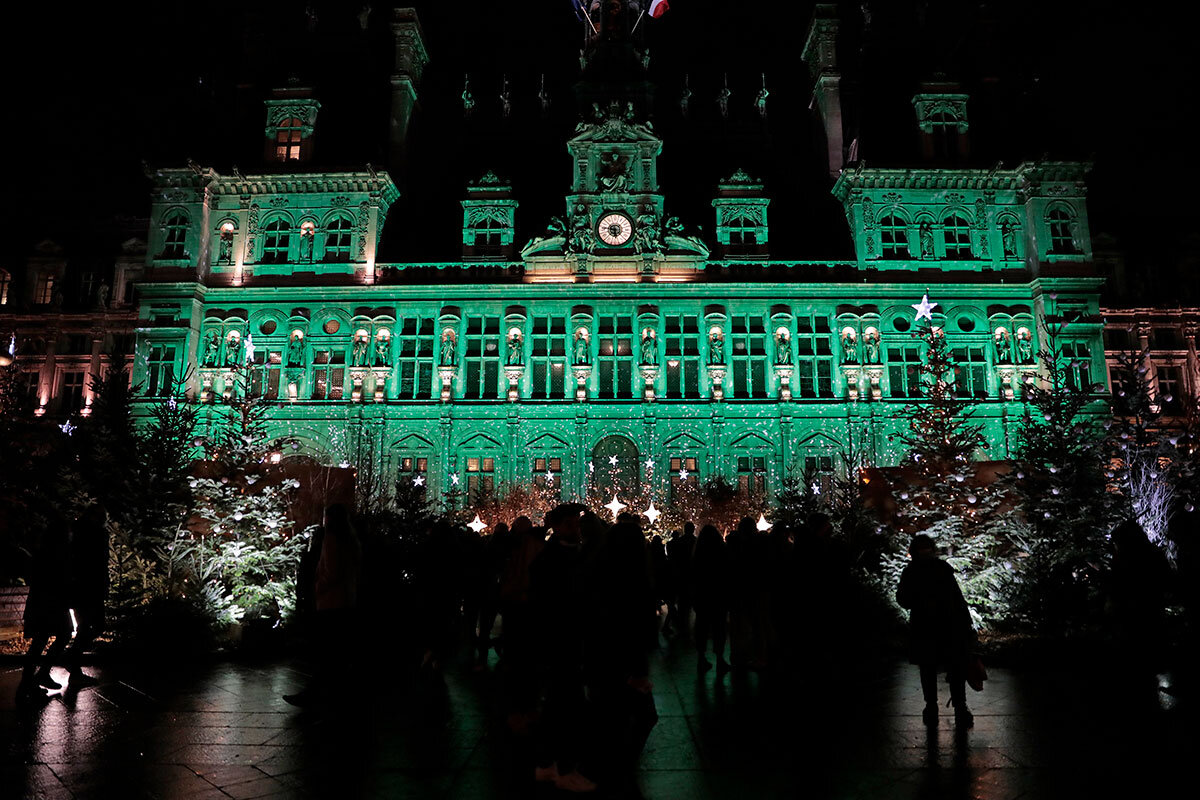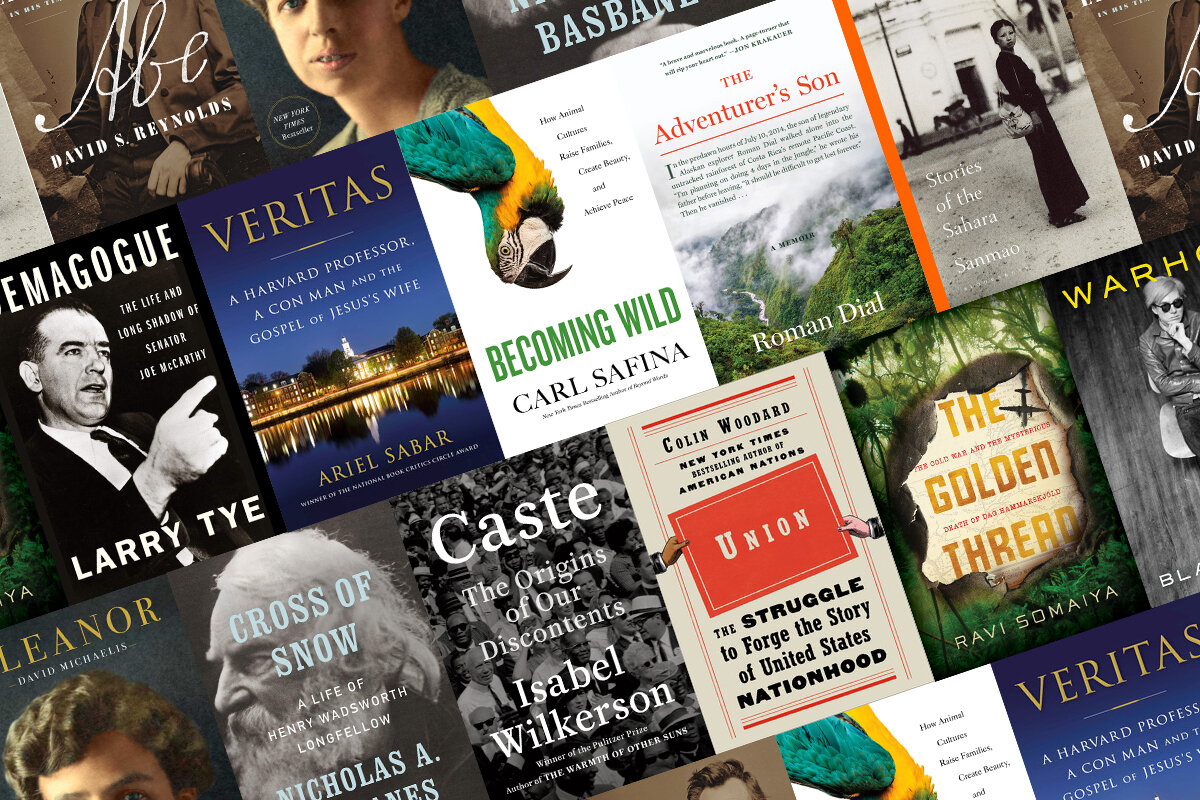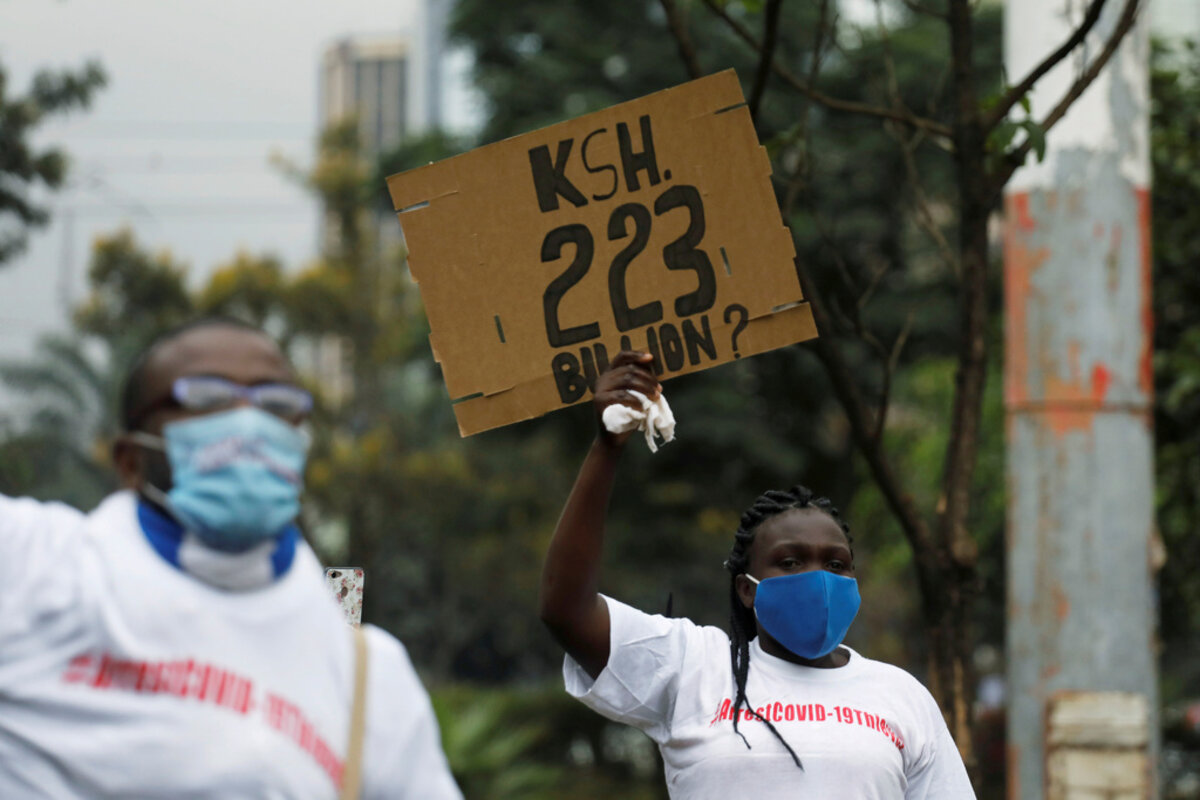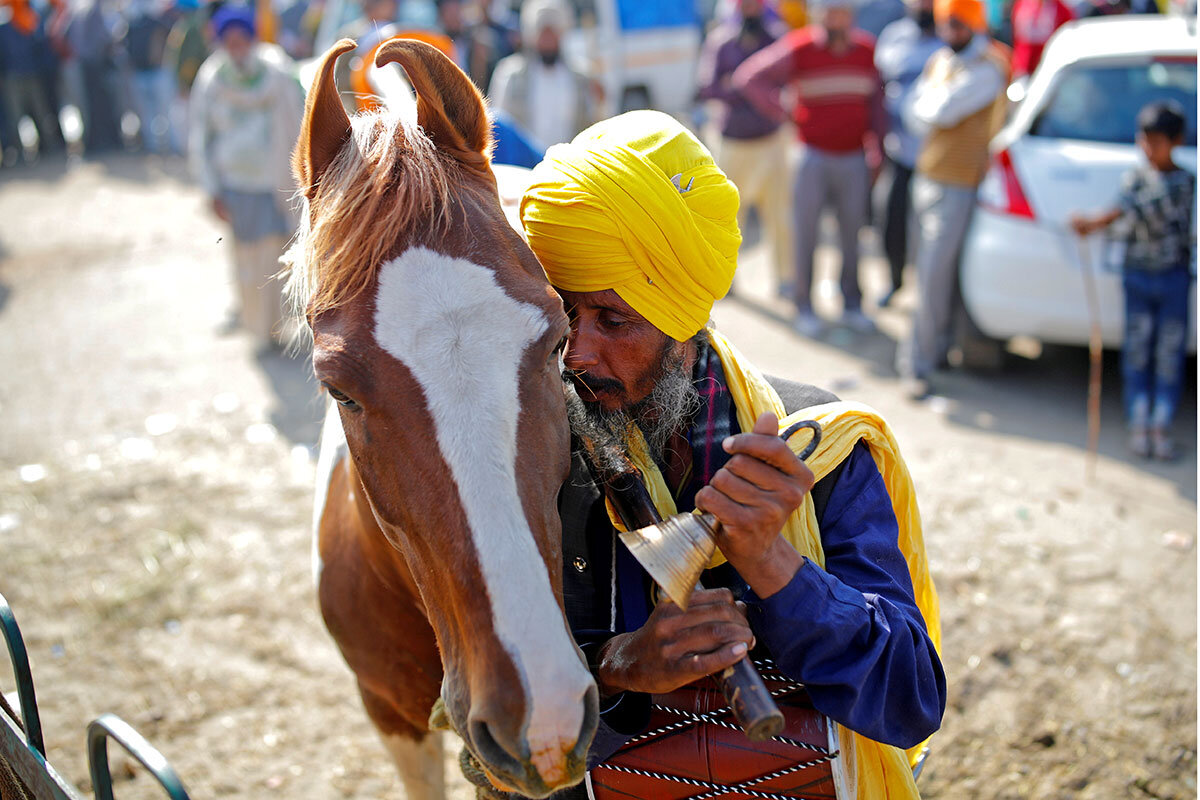Ten years ago on Dec. 17, a popular protest broke out in Tunisia against a corrupt regime. It not only felled a dictator and inspired similar revolts in the Arab world, but it also set a model for “smartphone revolutions,” or bottom-up rebellions driven mainly by young people organized through social media. (The iPhone had been invented only three years earlier.) In more than a dozen countries, from Azerbaijan to Zimbabwe, the uprisings of the past decade have had a similar demand: honest and open governance.
On the 10th anniversary of Tunisia’s revolution, it is worth asking: Has this new style of anti-corruption protest achieved much?
The record remains mixed. In many countries, such as Brazil, Sudan, Algeria, and Armenia, heads of state were forced out. After some protests, the small economic injustices that triggered them – such as hikes in transit fare or a tax on WhatsApp – were resolved. In more than 30 countries, anti-corruption agencies have been set up, although many have been stymied by entrenched elites. In many countries, either an autocrat remains in power or democracy struggles to curb graft. In Zimbabwe, one strongman fell and another took his place.
Despite the setbacks or slow change, the protests have shifted attitudes for a generation. “The revolution showed me that everything is possible,” one young Tunisian woman, Ameni Ghimaji, told Agence France-Presse. In Tunisia, nearly two-thirds of people now “think ordinary people can make a difference in the fight against corruption,” according to Transparency International. And under the country’s new democracy, regular dialogue between political parties is a norm. Yet protests continue, mainly to demand jobs. Corruption is still prevalent.
For change to stick, societies need to be ready when opportunities arise. A new study by the Open Society Foundations on the support needed for anti-corruption reformers notes that “certain political moments create new possibilities for progress.” Such junctures “are triggered by some combination of events. ... Once open, [they] do not last forever; they are temporary shifts in political possibilities.”
Success against corruption has long come in fits and starts. In South Africa, for example, mass protests against corruption in 2017 helped lead to the resignation of President Jacob Zuma. His successor, Cyril Ramaphosa, vowed to rid the ruling African National Congress party of “all bad tendencies.” That effort reached a significant milestone in November when ANC Secretary-General Ace Magashule was charged with 21 counts of fraud, corruption, and money laundering.
Days after the charges were laid, however, President Ramaphosa rebuffed demands by opposition parties to detail his government’s clean-up strategy. Allegations of corruption against ANC figures, he said, were matters to be handled within the party. Mr. Magashule remains in his post and his case has been postponed until next year. Without successful prosecutions and broad legislative reforms, South Africa’s window of opportunity for credible anti-corruption reform is at risk of closing.
One African leader who did make some progress against corruption during her time in office was Liberia’s Ellen Johnson Sirleaf, Africa’s first and only elected female leader. She focused on restoring honor to public service. In a recent essay in The Economist, Ms. Sirleaf argued that “political leaders must make government service a realistic, accessible and genuinely prestigious career choice for talented young people. We have to begin with the premise that government can and does work.”
Over the past decade, citizens in countries that saw social media-driven protests against corruption now realize that a moral revolution displayed on the streets requires the creation of institutional guardrails against greed. Tunisia, for example, is one of the few Arab countries that now allows individuals to present cases of corruption and make requests for access to official information in court.
The smartphone revolutions remain largely unfinished. But the mental breakthroughs are real and the course ahead is becoming clearer. These are evolutions, not momentary episodes. A new generation has seen that good governance is not just an aspiration but an individual right.
 Noelle Swan
Noelle Swan







